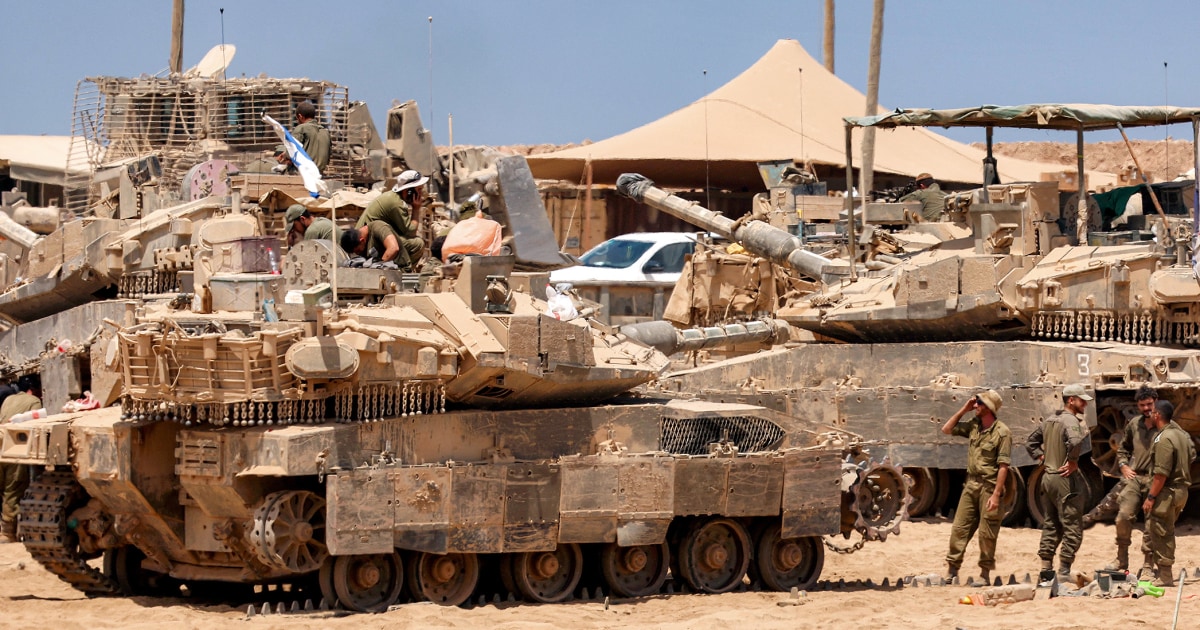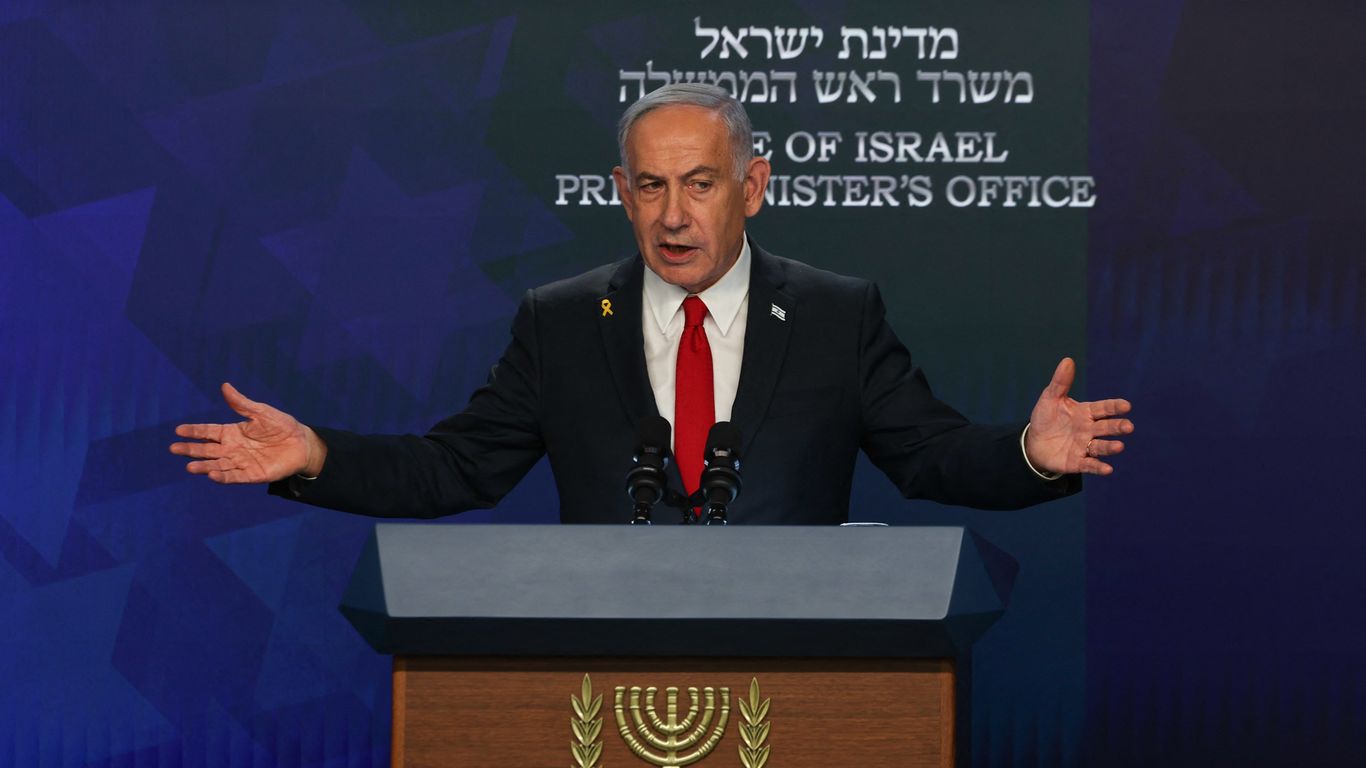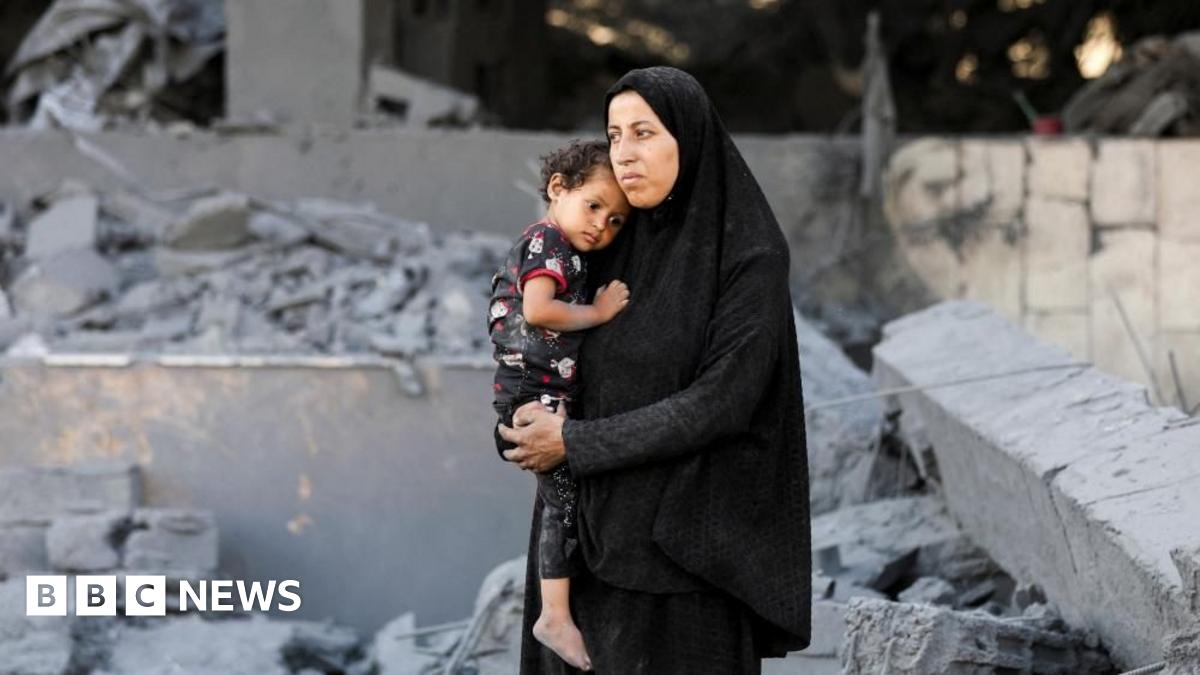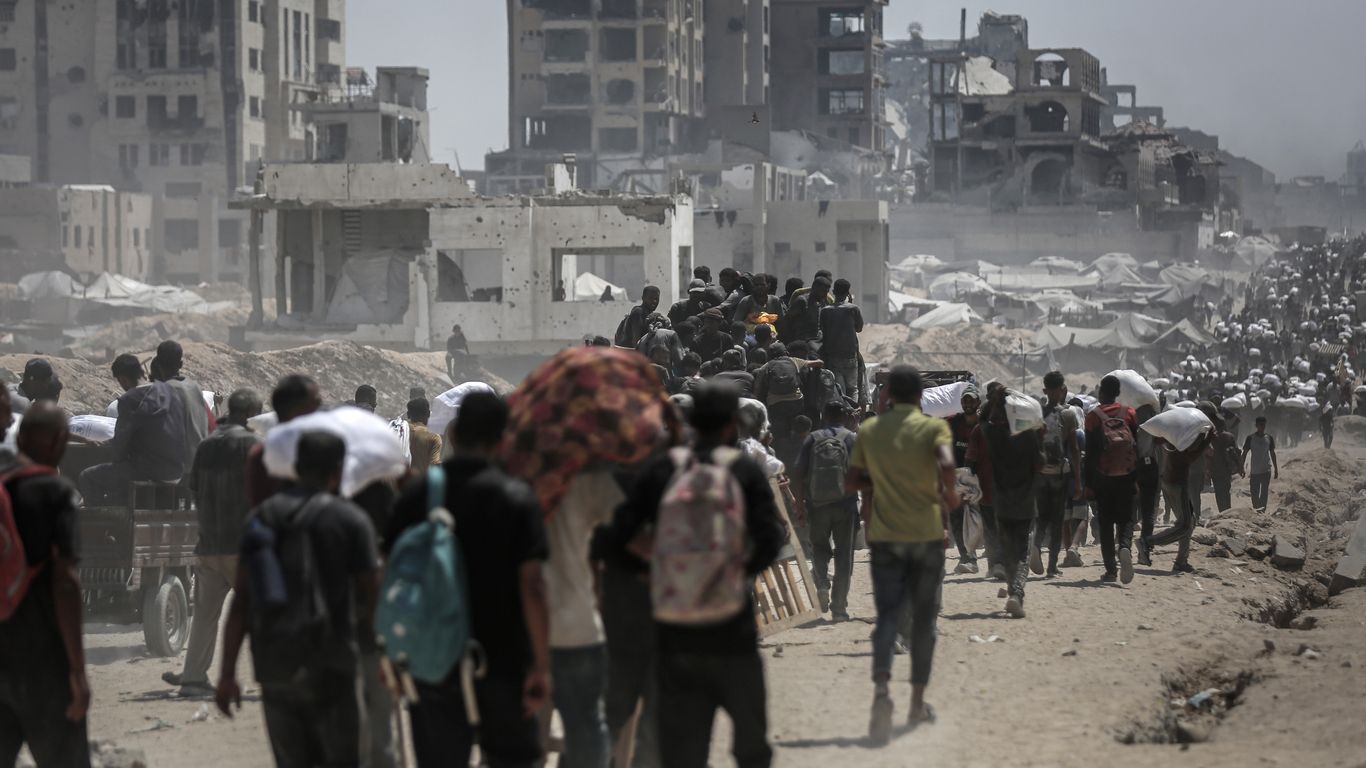Germany Takes Stand Against Israel's Actions in Gaza

Introduction
In the midst of the recent escalation of violence in the ongoing conflict between Israel and Palestine, Germany has taken a step that has surprised many. In a show of disapproval, the German government has decided to halt all arms exports to Israel, one of its closest allies, due to the expanded offensive in Gaza.
Key Details
This decision marks a significant shift in Germany's stance towards Israel's actions in Gaza. While the two countries have shared a strong partnership for decades, Germany's discomfort with Israel's strategy in the region has been growing. In fact, it was only a few months ago that Germany abstained from a UN resolution condemning Israel's settlements in the West Bank, a move that was seen as a break from its usual unwavering support.
This latest move to halt arms exports is a clear message to Israel that Germany is no longer willing to turn a blind eye to its actions in Gaza. It also sends a powerful message to the international community that Germany is committed to taking a stand against the use of violence and excessive force in the region.
Impact
The decision has sparked debates within Germany and across the world, with some praising the country for taking a stand for human rights and others criticizing the move as a betrayal of an important ally. This decision also raises questions about the future of the relationship between Germany and Israel and how it
About the Organizations Mentioned
UN
The **United Nations (UN)** is a global intergovernmental organization founded in 1945 with the primary mission of maintaining international peace and security, promoting human rights, and fostering sustainable development. The UN was established in the aftermath of World War II, succeeding the League of Nations, with the aim of preventing future wars and promoting global cooperation. ### History and Structure The UN is headquartered in New York City, with additional offices in Geneva, Nairobi, Vienna, and The Hague. It comprises six principal organs: the **General Assembly**, **Security Council**, **Economic and Social Council**, **International Court of Justice**, **Secretariat**, and **Trusteeship Council**. The organization includes 193 member states and two observer states, making it the most representative global body. ### Key Functions and Achievements - **Peacekeeping and Security**: The UN plays a crucial role in maintaining international peace and security through peacekeeping missions and conflict resolution efforts. - **Human Rights and Development**: It promotes human rights, supports refugees, and works towards sustainable development through specialized agencies like **UNICEF** and **WHO**. - **Economic and Social Development**: The UN has been instrumental in economic and social development, particularly during the decolonization era. It has also been recognized for its leadership in peace and human development, with several agencies awarded the **Nobel Peace Prize**. ### Current Status and Challenges Despite its achievements, the UN faces ongoing challenges, including debates over its effectiveness, financial contributions, and perceived biases. Recent global events, such as the COVID-19 pandemic, have highlighted the complexities and criticisms surrounding the UN's role. ### Notable Aspects - **Global Influence**: The UN serves as a platform for dialogue among nations, addressing global challenges and promoting international cooperation. - **Specialized Agencies**: It has 15 specialized agencies that perform diverse functions, from facilitating international travel to addressing pandemics. - **International Law**: The UN plays a significant role in











